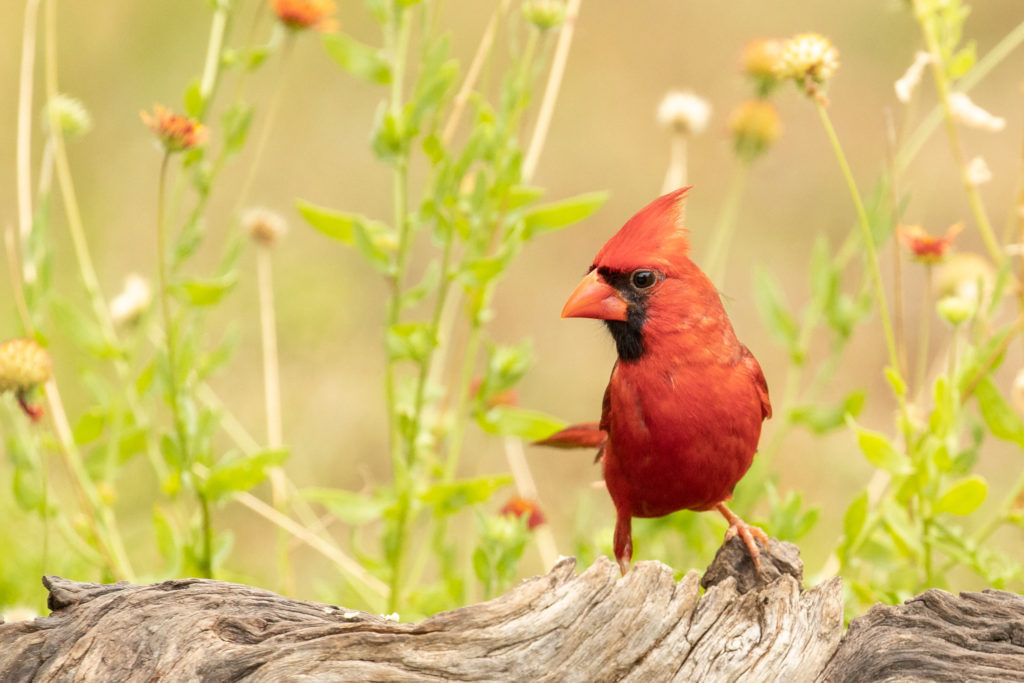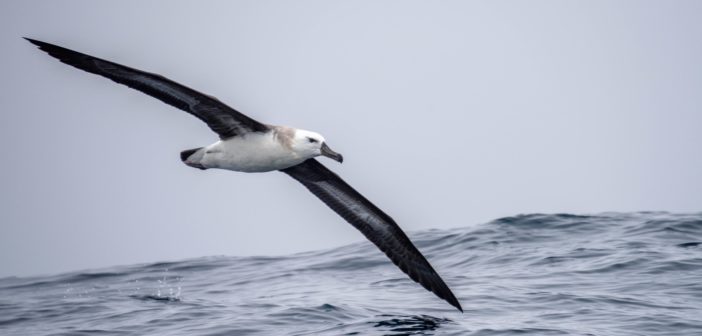Conservation groups submitted more than 180,000 public comments last week opposing the Trump administration’s proposed changes to the Migratory Bird Treaty Act.
The act was one of the United States’ first conservation laws, enacted to implement our international treaty commitments to protect populations of migratory birds. For decades the law has incentivized industries to work with the U.S. Fish and Wildlife Service to minimize migratory bird deaths.
However, on January 30, the Trump administration proposed formal regulations to cement into law a hotly disputed legal opinion declaring that the act does not protect birds from harms caused by industrial activities, dramatically undercutting the law’s ability to conserve birds.
Earlier this year Rep. Alan Lowenthal (D-Calif.) and a group of 18 bipartisan original co-sponsors introduced the Migratory Bird Protection Act (H.R. 5552) to reverse the administration’s reinterpretation of the law and reaffirm its intent to protect migratory birds from industrial activities.

“Despite the unwavering support from Americans and a century of conservation success, the administration is stripping away protections for migratory birds under the Migratory Bird Treaty Act,” said Jamie Rappaport Clark, president and CEO of Defenders of Wildlife. “Weakening this law leaves our nation’s birds unprotected against careless corporate conduct at a time when we have already lost more than 3 billion to a myriad of unchecked threats.”
“The Trump administration’s weakening of the Migratory Bird Treaty Act is a disaster for America’s birds,” said Noah Greenwald, endangered species director at the Center for Biological Diversity. “It’s heartless to give the oil and gas industry, utilities and big agriculture a get-out-of-jail-free card for killing birds. This 100-year-old law required industries to take reasonable steps to minimize bird deaths, and there’s no reason to change that beyond greed and corruption.”
Featured image: a black-browed albatross, one of the many species of birds protected by the Migratory Bird Treaty Act. Image credit Ade Russell, CC BY-SA 2.0.





